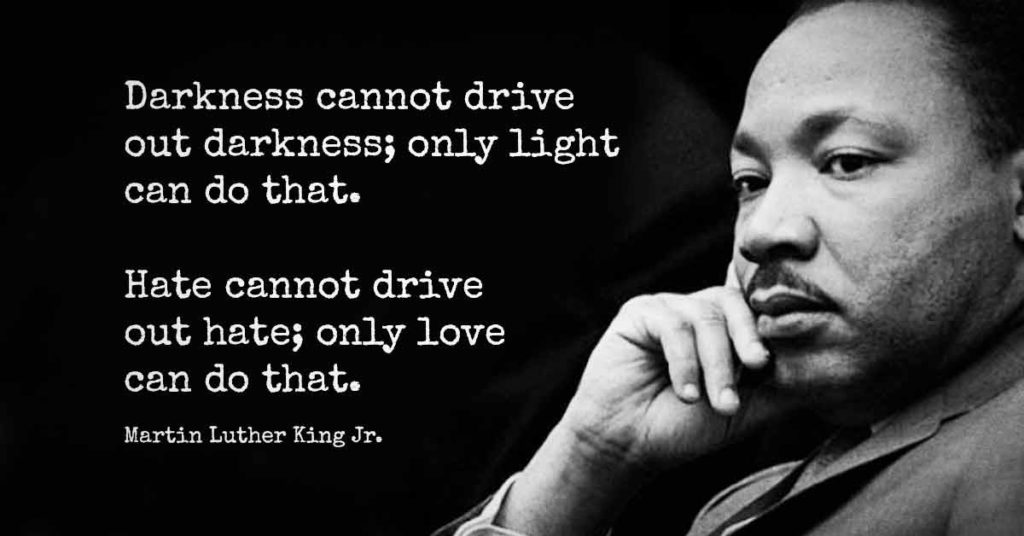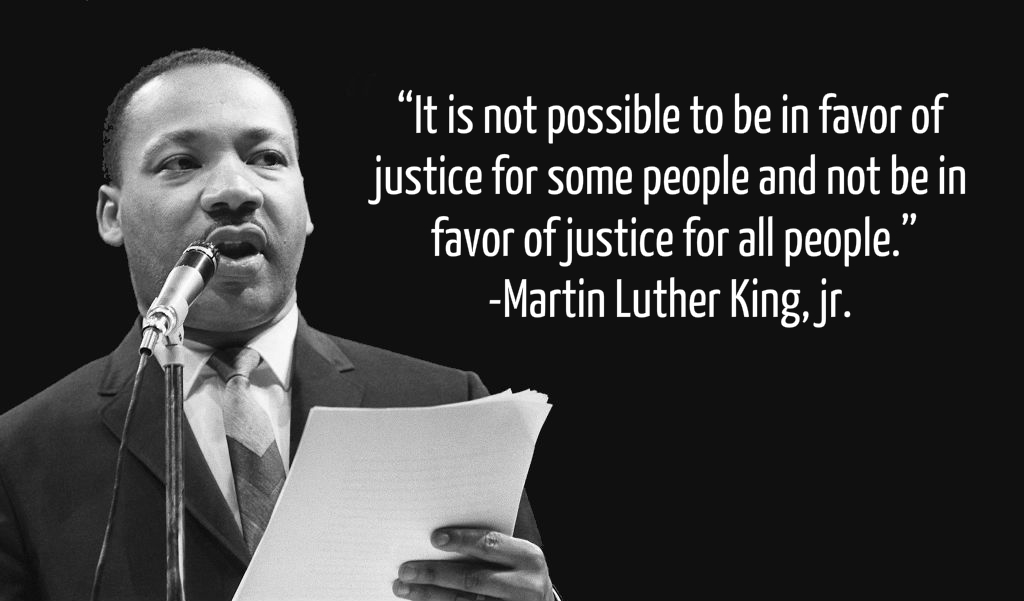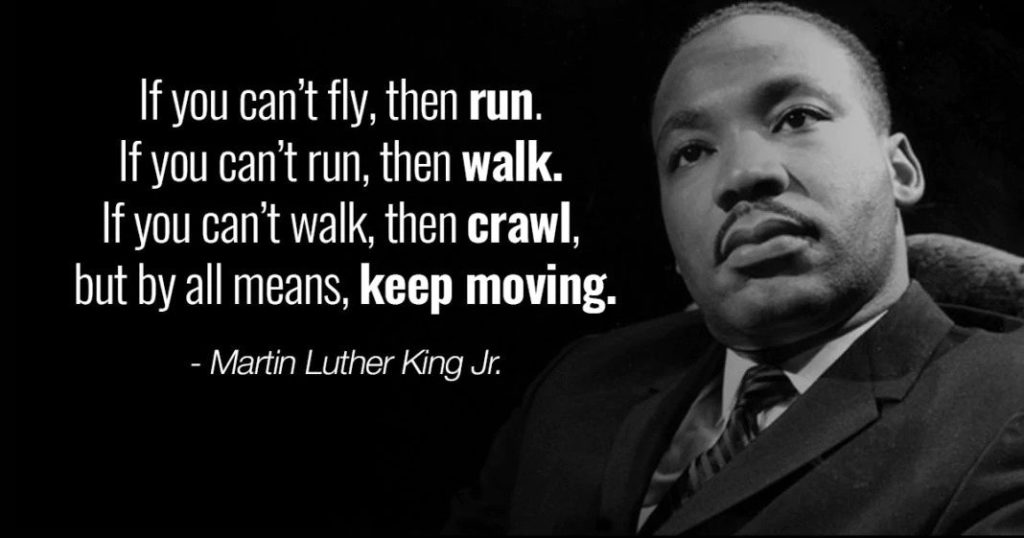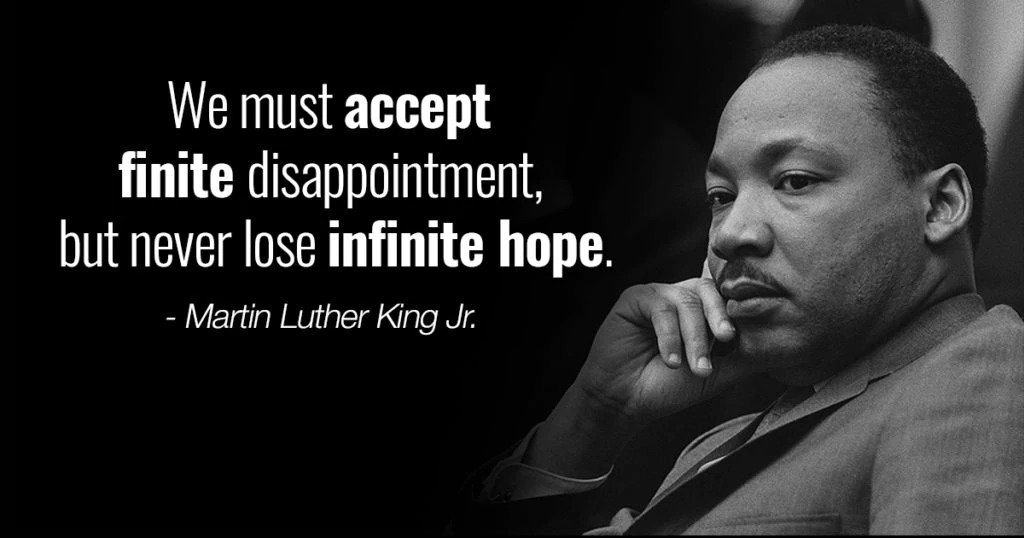There is much today that is taken for granted or considered commonplace when, only a short time ago since the formation of our nation, our African-American brothers and sisters rose up and dared to change our world. Some have invented and contributed to things we use even today, and others influenced the course of our history in ways many don't even recognize. Today as we celebrate Martin Luther King Jr. Day may this article help to shed some light on their contributions to our great nation.
Starting with the very man whose name and accomplishments were recognized and made into a national holiday by President Ronald Reagan in 1983, you may know of Martin Luther King, Jr. and his famous, “I Have A Dream” speech, but King did much more than that.

King was a bright young man who skipped both the ninth and eleventh grades during his time at Booker T. Washington High, and he entered Morehouse College at the young age of 15. He earned a sociology degree while there and by age 25 earned his Ph.D. at the seminary and became the pastor of Dexter Avenue Baptist Church of Montgomery, Alabama.
On December 1, 1955, Rosa Parks boarded the Cleveland Avenue bus after a rather exhausting day at work. At the time there was a law called the Montgomery City Code that stated if a bus filled with white passengers in the “Whites Only” section, then any African-American in the “Colored” section must move to give them their seat. Rosa refused twice to move and was arrested and found guilty a week later at trial.

This moment led to the Montgomery Bus Boycott which King was elected to lead and where he famously stated, “We have no alternative but to protest. For many years we have shown an amazing patience. We have sometimes given our white brothers the feeling that we liked the way we were being treated. But we come here tonight to be saved from that patience that makes us patient with anything less than freedom and justice.”
King's skillful rhetoric and belief in the conducting of non-violent protests led to and promoted civil rights reform. In the spring of 1963 King was jailed for the demonstration in downtown Birmingham. While sitting in that jail he wrote, “Nonviolent direct action seeks to create such a crisis and foster such a tension that a community, which has constantly refused to negotiate, is forced to confront the issue.”
On August 28, 1963, a massive demonstration of 200,000 in our nation's capital occurred and this is where King gave his famous “I Have A Dream” speech which emphasized his belief that one day all men could be treated equally and live as brothers. This led to the passage of the Civil Rights Act of 1964 which authorized the federal government to enforce desegregation of public accommodations and outlawing discrimination in publicly owned facilities. This also led to King receiving the Nobel Peace Prize in 1964.

On March 21, 1965, what started as 2,000 people non-violently marching in a protest from Selma to the state capital of Montgomery, ended with 25,000 people who on March 25th gathered to listen to King's televised speech. Five months after this historic protest, President Johnson signed the 1965 Voting Rights Act.
By 1968 the years of demonstrations and confrontations were beginning to wear on King. He had grown tired of marches, going to jail, and living under the constant threat of death. He was becoming discouraged at the slow progress of civil rights in America and the increasing criticism from other African American leaders.
On April 3, he gave his final and what proved to be an eerily prophetic speech, “I’ve Been to the Mountaintop,” in which he told supporters at the Mason Temple in Memphis, “I've seen the promised land. I may not get there with you. But I want you to know tonight that we, as a people, will get to the promised land.”

The next day, while standing on a balcony outside his room at the Lorraine Motel, Martin Luther King Jr. was killed by a sniper's bullet. The shooter, a malcontent drifter and former convict named James Earl Ray, was eventually apprehended after a two-month, international manhunt.
Martin Luther King Jr.'s life had a seismic impact on race relations in the United States. Years after his death, he is the most widely known African American leader of his era. His life and work have been honored with a national holiday, schools and public buildings named after him, and a memorial on Independence Mall in Washington, D.C.
Coming up next in this series: The ingenious African-American men and women who invented items that have helped make America great!
